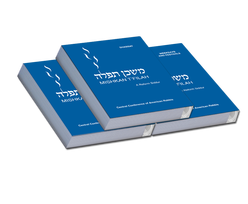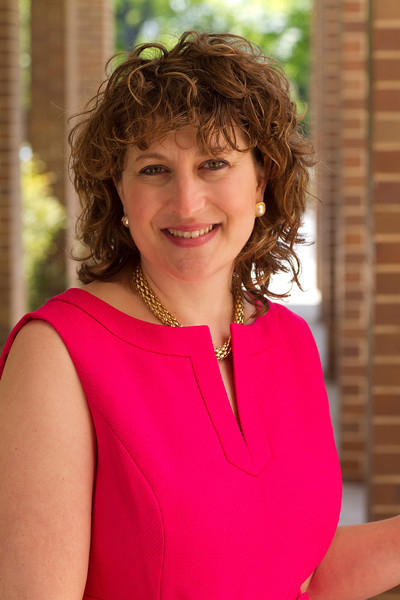
Throughout the month of Elul, the month preceding Rosh Hashanah, I will be sharing daily reflections to help each of us prepare for the upcoming High Holy Day Season. I hope these thoughts inspire each of us to make time, find the energy and initiate some passion as we reflect and examine this past year, in preparation for the year to come.
I am not certain as to why we struggle so much with prayer. In Jewish tradition, prayer is meant to be a concrete way for us to communicate with our God. We all know that our relationship with God began through sacrifice, offering various animal sacrifices at the Temple mount, as a way to thank and praise God. Certain sacrifices were offered at special times of the year, and there were daily sacrifices offered, as detailed in the Book of Leviticus.
When the Temple was destroyed, the Rabbis created prayer as an alternate way to converse, thank and praise God. Though we often find it easier or more comfortable to pray to God in the sanctuary of our synagogue, we can actually pray in any place, outside, in God’s creations, or in the sanctuary, before the Holy Ark. Though our tradition dictates three specific times daily to pray, we can offer prayers to God at any time of the day. Our rabbis gave us structure around prayer, and provided us with formulas to enhance our prayer, but prayer can be any words, formulated in any way, said in any language.
My experience teaches me that children are often most open to prayer. Their immature and underdeveloped minds allow them to think beyond the real and the tangible. Prayer does not come easily for most of us. Sometimes, it is helpful to be in a quiet, beautiful setting, one where perhaps God’s mystery and majesty is better understood. Sometimes, it is helpful to be among others who are praying, so we may be guided by the rhythms of their prayer. Sometimes the prayerbook is helpful, giving us tools and language. Sometimes the prayerbook is prohibitive, preventing us from finding the words within our hearts.
All of our tots and religious school students can tell you that my favorite time of the service is the silent prayer. It allows me to pray in the moment, about that which I find most important on any given day, at any given time. However, I often begin that silent prayer with a fixed prayer, Baruch Ata Adonai..., or Praised are You, O God.... These structures simply start the sentences, to which I need to fill in the blanks.
One of my favorite readings about prayer can be found
just before the Amidah in our Mishkan T’filah Prayerbook.
In an envelope marked:
Personal
God addressed me a letter.
In an envelope marked:
Personal
I have given my answer.
Prayer exists only as a give and take between ourselves and our God. It is personal; it is sacred; it is relational. May we allow ourselves to pray, for only then, might our prayers be heard... and perhaps answered.
Shabbat Shalom,
Rabbi Debbie Bravo
Now let the sound of the shofar be heard;
And let our souls be awakened!
| | Tekiah G'dolah! |

 RSS Feed
RSS Feed
